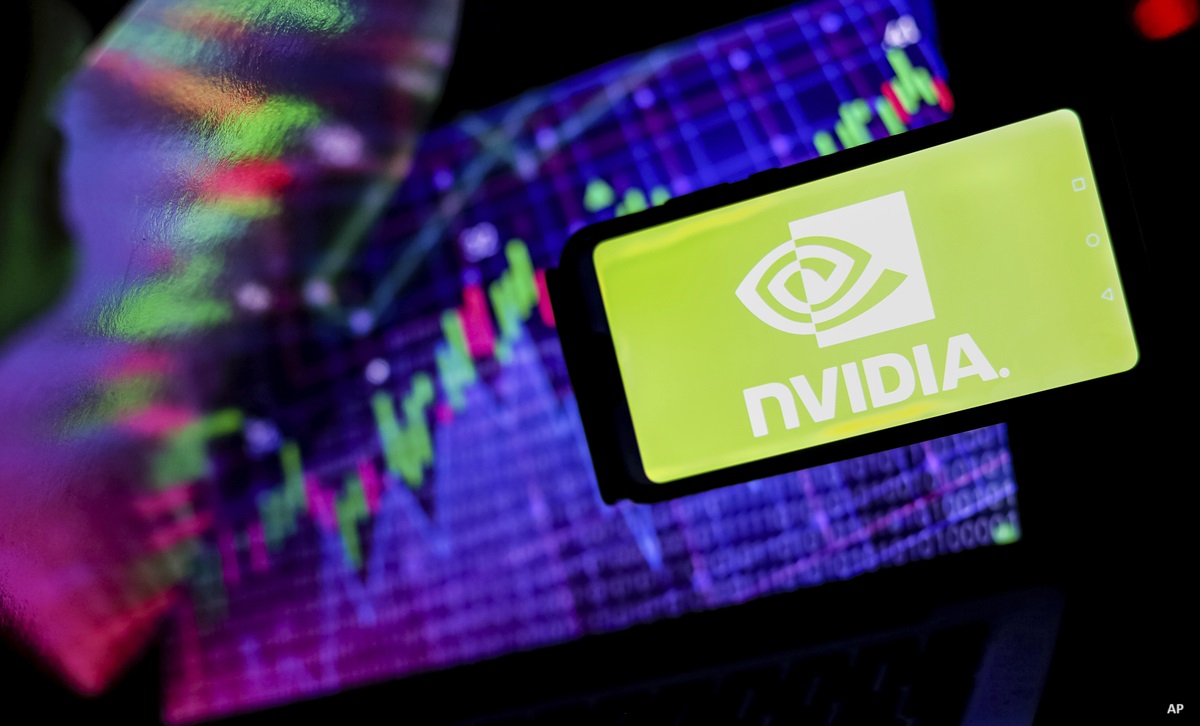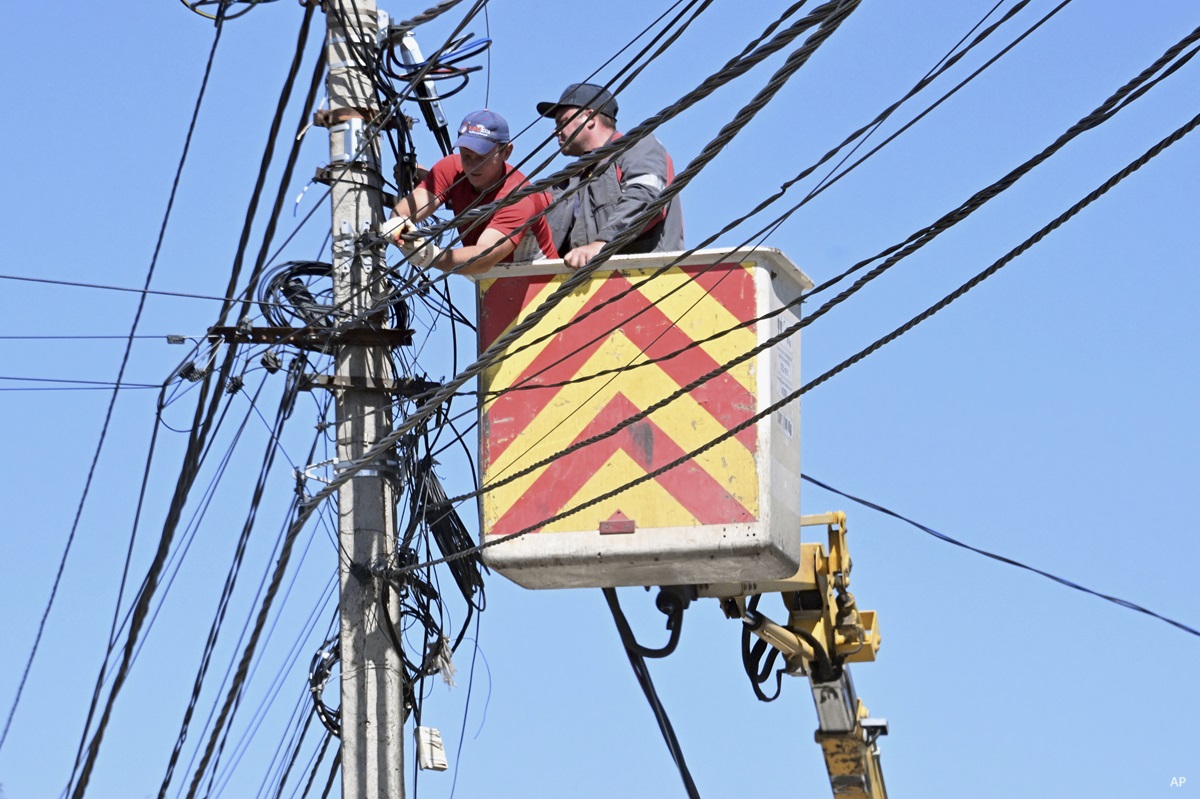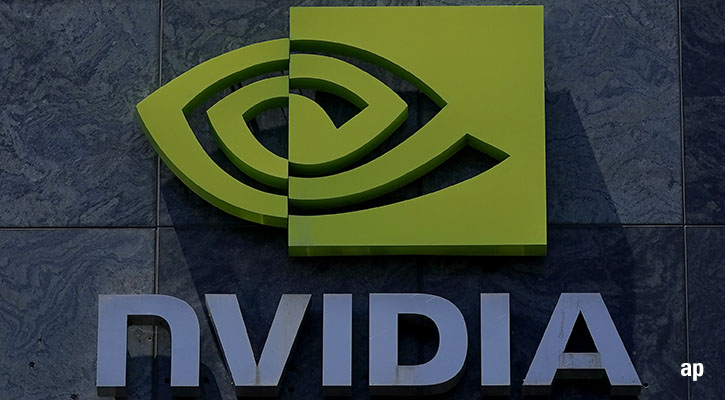
Since its IPO in 1999, Nvidia’s stock (NVDA) has exploded by more than 30,000%. And just in the last year, it’s up over 200% as of March 25, 2024, highlights Robertson Velez, co-portfolio manager of CIBC Global Technology Fund. But can the rally continue?
“Investors are looking for Nvidia’s revenue to double in 2024, and to continue adding 30% yearly for a couple of years; that’s what the stock price presently suggests,” observes Brian Colello, technology equity strategist at Morningstar. That means the company needs to grow very fast, “and we think Nvidia can do that,” Colello adds.
Nvidia is No Niche Player
Even in its present sprint, “I think Nvidia is underappreciated,” Velez flatly asserts, who perceives that too many investors still consider Nvidia’s graphic processing units (GPU) “a niche product for a niche market.” But the opportunities for Nvidia are much larger, he believes, especially in the vast world of data centres which are not giving the performance the market will increasingly require.
“We’re not coming down Moore’s law as we used to, where CPU cost halved and performance doubled every two years,” Velez continues, “But accelerated computing (like Nvidia’s) gives you the necessary performance improvement on the data side. If AI becomes as pervasive across industries as we think it could, most data centres will need to update to manage AI's added load. That means there’s still a long runway ahead for Nvidia.”
Colello points out a key feature that consolidates Nvidia’s lead: software. “GPU sales in AI are successful because Nvidia built a whole support ecosystem around them,” he points out, “Trying to switch to another GPU can impose a heavy burden on a customer.” Colello likens it to Microsoft’s Windows environment for users and developers. Trying to move out of it imposes a cumbersome endeavour.
Nvidia’s stock “is still reasonably priced compared to its historical price-earning ratio of 30 relative to its growth opportunity and expectations that are much higher,” Velez adds, “I am bullish on Nvidia – on the long term.”
Navigating Nvidia’s Volatility
But investors must navigate a rather volatile stock in the short term. Velez expects that there will be moments when he will take some profits on the stock, and others where he will buy more. He recalls the second quarter of 2023 when the stock dipped even though Nvidia beat expectations. If the stock went down again in the future despite good results, “I would increase my position,” Velez notes.
AI Integration Lag Could Slow Demand
The road ahead for AI adoption isn’t guaranteed to be evenly paved and free of potholes. Ark Invest’s founder and chief investment officer Cathie Wood says corporate executives will have a daunting task of sorting out how to use “a breakthrough technology that is likely to separate winners from losers in the years ahead (…) They will have to assess the competition among cloud providers and AI companies that the capital markets are funding, map workflows in extensive detail, and find/integrate data from far-flung divisions all daunting and time-consuming tasks—before activating AI strategically and effectively.”
At some indeterminate future moment, the delays in unlocking AI’s full potential may slow demand for Nvidia’s wares and cause the stock to drop, along the lines of what happened to Cisco, the darling stock of the Internet era, which lost 51% in the early days of Internet adoption by companies that paused to reconsider their strategy and expenses.
President of Rosenberg Research, David Rosenberg is even more pessimistic as he contemplates the market’s unprecedented concentration around a handful of technology stocks, in which Nvidia is foremost: “With each passing day, this has the feel of being a cross between 1999 and 2007,” Rosenberg wrote in a February 12 note, “It is a gigantic speculative price bubble across most risk assets, and while AI is real, so was the Internet.”
Colello agrees with Rosenberg’s comparison, calling it “a reasonable way to think of the Internet,” adding: “In a boom and bust cycle, consider that GPUs have shorter useful lives than telecom fibres. (…) We’re in the first innings of seeing the productivity gains.”
Will the AI ‘Bubble’ Bust Before the Boom?
Famous “permabear” and co-founder of GMO, Jeremy Grantham believes that investors are too eager to price in those productivity gains. He also recently called AI a “bubble within a bubble.” Already denouncing the bubbly state of markets before AI, Grantham sees the present frenzy as merely a temporary pause before an inevitable downfall.
As much as Velez and Colello, Wood, Rosenberg and Grantham believe in the huge potential of AI and how it can carry a winner like Nvidia. It’s just that the enthusiasm is most likely premature, Grantham reminds us: “Every technological revolution like this – going back from the Internet to telephones, railroads, or canals – has been accompanied by early massive hype and a stock market bubble as investors focus on the ultimate possibilities of the technology, pricing most of the very long-term potential immediately into current market prices.”
“And many such revolutions are in the end often as transformative as those early investors could see and sometimes even more so – but only after a substantial period of disappointment during which the initial bubble bursts,” says Grantham, “Thus, as most remarkable example of the tech bubble, Amazon led the speculative market, rising 21 times from the beginning of 1998 to its 1999 peak, only to decline by an almost inconceivable 92% from 2000 to 2002, before inheriting half of the retail world!”





.jpg)

:quality(80)/cloudfront-us-east-1.images.arcpublishing.com/morningstar/QPMKPA6BWRCWVO64V5UQWWMPFI.jpg)
.jpg)













